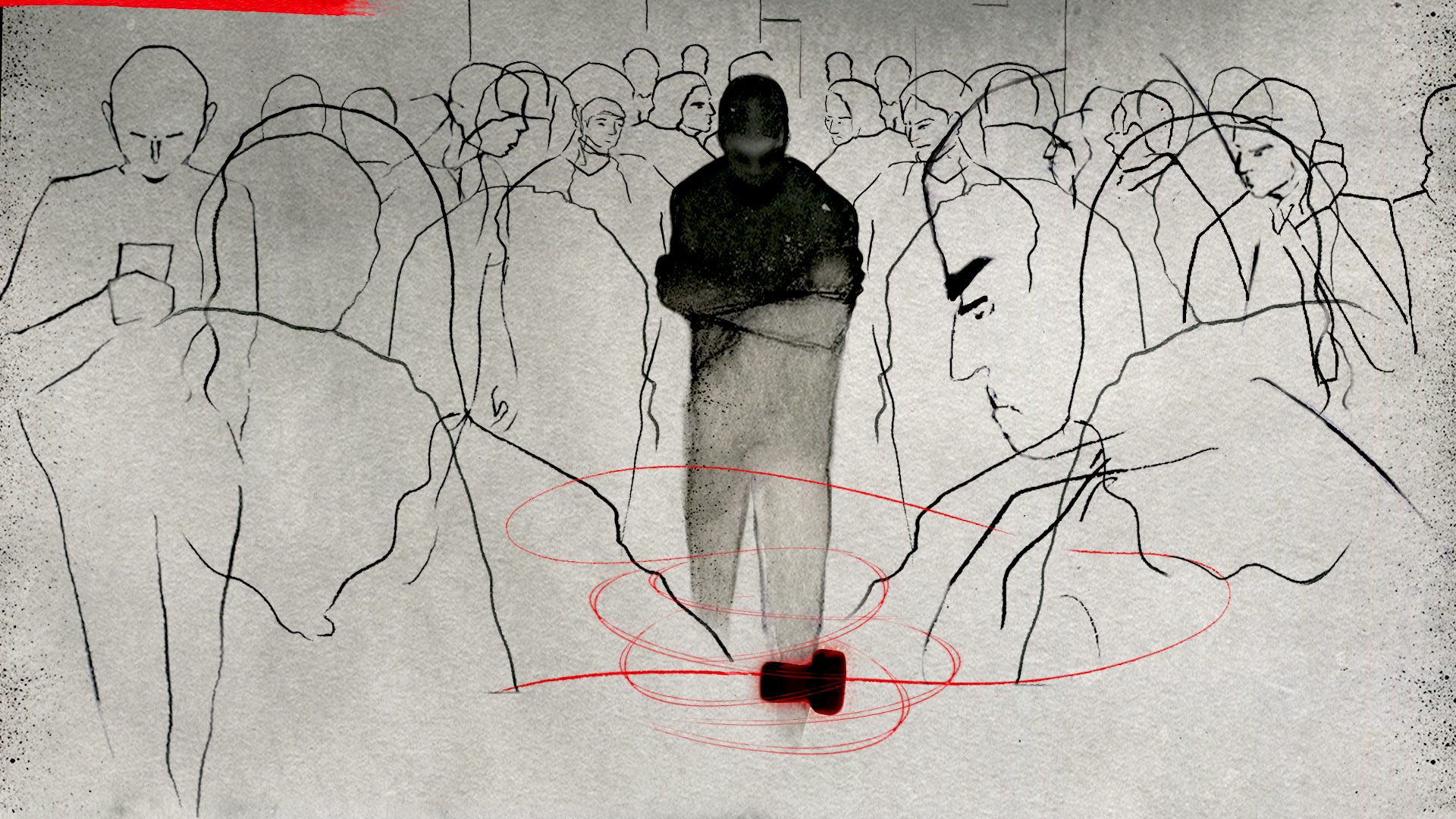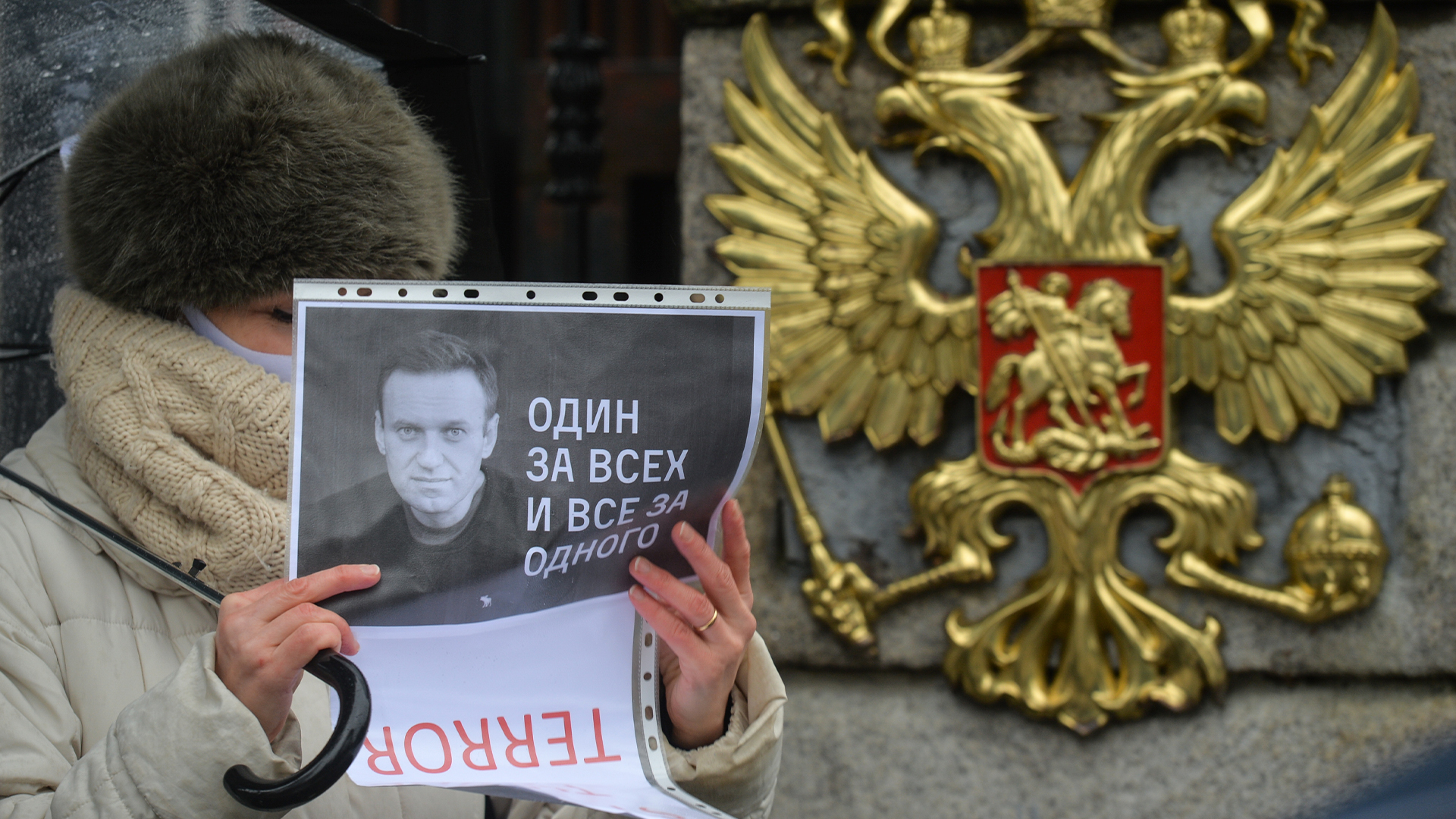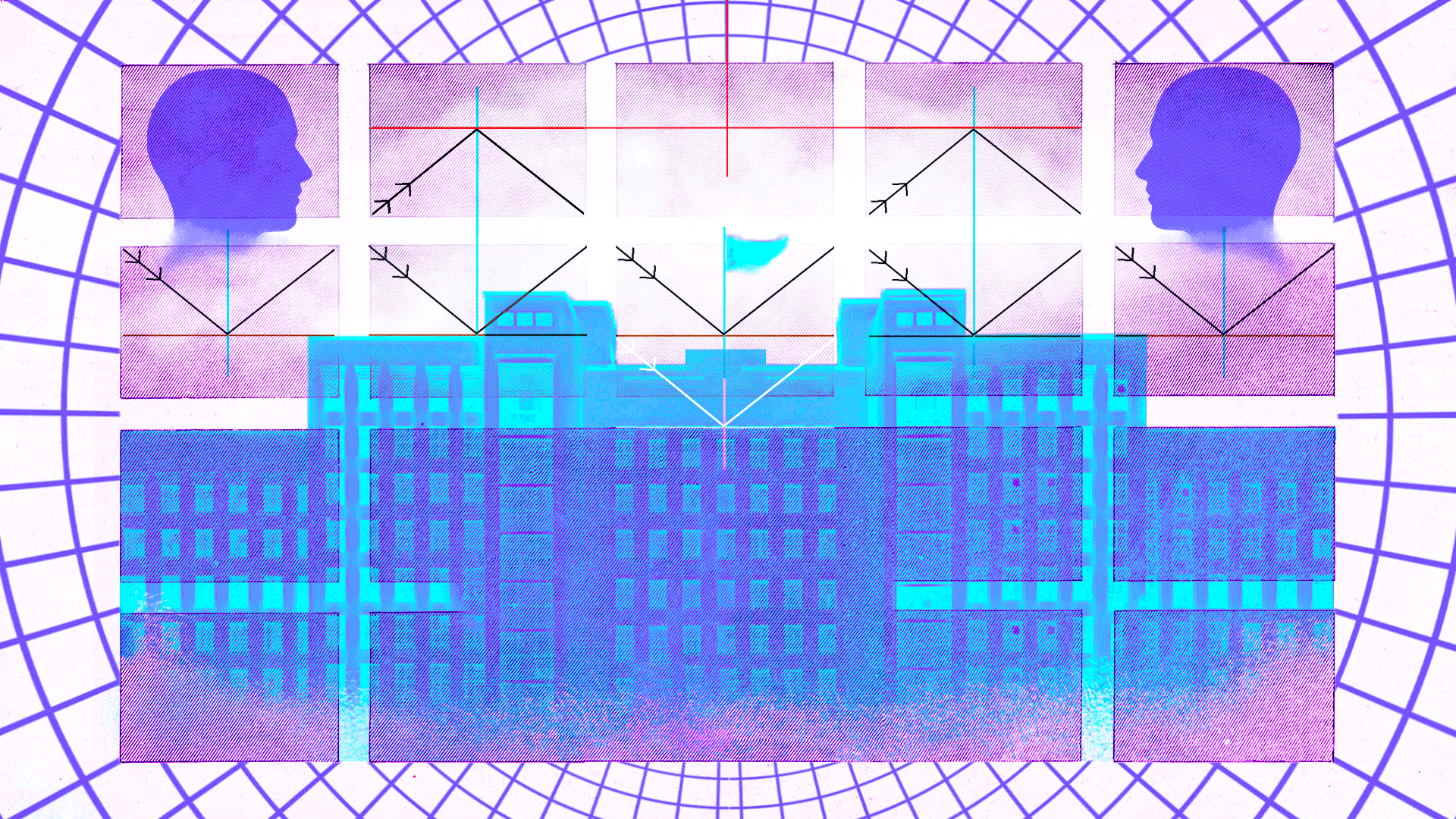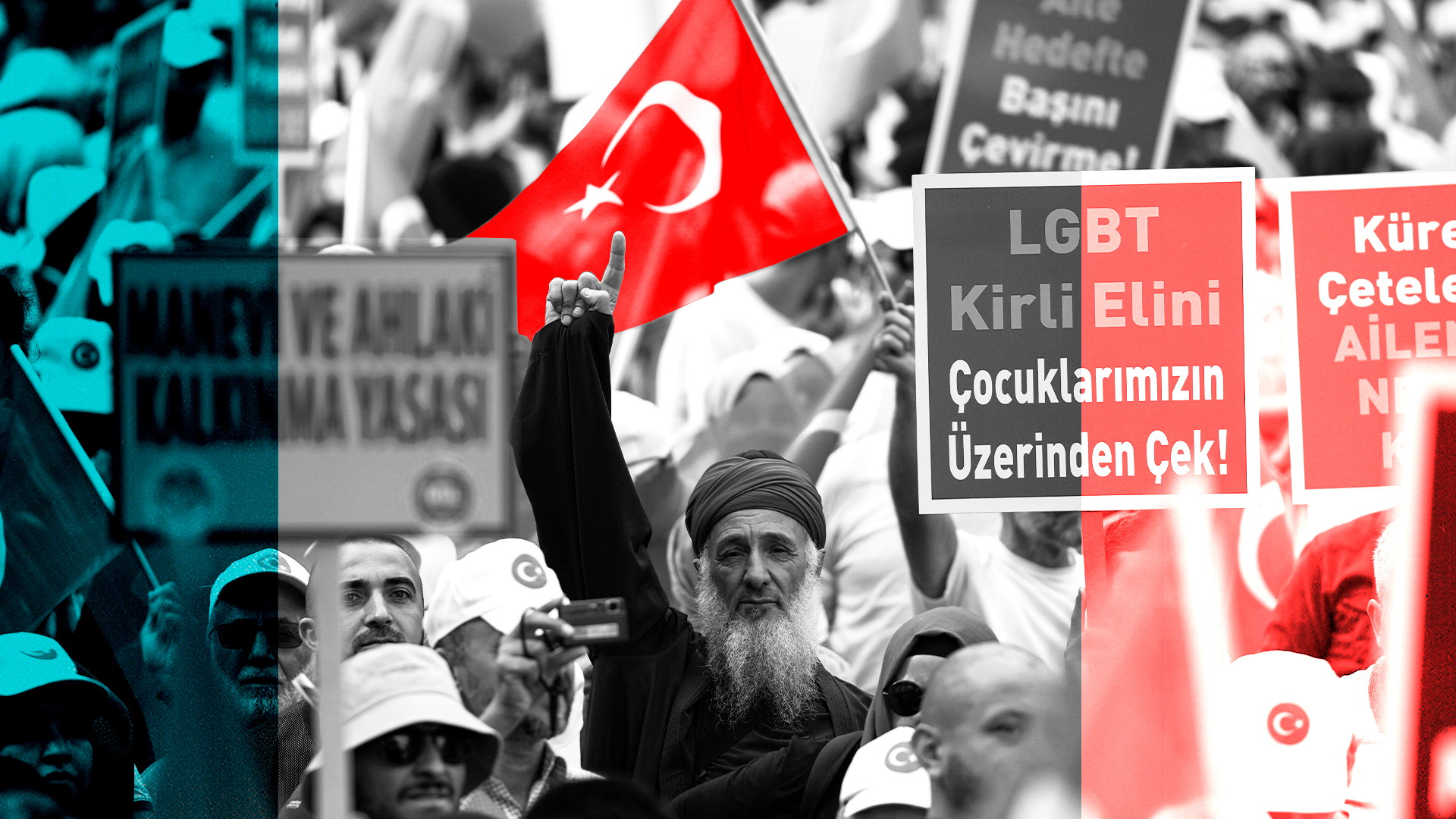Ryazan is a sleepy city of half a million people, situated on the Oka River around 122 miles southeast of Moscow. Since becoming the first city in the Kievan Rus to fall to the Mongols, it has done little to claim space in the world’s history books.
In 2006 however, the Ryazan regional legislature made a quiet change to their administrative law that ended up echoing throughout the former Soviet Union. The amendment created a new offense: “public actions intended to propagandize homosexuality amongst minors.” In practice, this meant potential fines for public discussion of homosexuality in positive or even neutral terms.
The Ryazan amendment was taken up by local legislators in Arkhangelsk (2009), and Kostroma (2011). But it wasn’t until 2012 that the idea began to gain traction nationally. A version of the amendment was passed in several regions across Russia before being passed at the federal level in 2013. Copycat laws have since been discussed from Yerevan to Bishkek.
There is no single cause for the rapid spread of this legislative agenda. But one major factor is undoubtedly the unprecedented anti-government protests which accompanied Vladimir Putin’s re-election to the presidency of Russia in 2012.
Russian President Vladimir Putin first came to power as a relative unknown in 2000, and staked his political and personal legitimacy on quashing terrorism in the restive North Caucasus. The drums of war set the pace for his first two terms in office, but when the Chechnya campaign ended in 2009, it left a narrative vacuum. To rally people around his third term, Putin needed a new set of criteria with which to define Russia, her champions and, most importantly, her enemies.
It was at this point that Russian officials began to speak the language of “traditional values.” In this discourse, Russia was cast as the defender of Orthodox family values against the hedonism of the West. This worldview was outlined most clearly in Putin’s 2013 speech to the Valdai Discussion Club — a Russian-led international affairs discussion forum.
“We can see how many of the Euro-Atlantic countries are actually rejecting their roots, including the Christian values that constitute the basis of Western civilization. They are denying moral principles and all traditional identities: national, cultural, religious and even sexual. They are implementing policies that equate large families with same-sex partnerships, belief in God with the belief in Satan,” Vladimir Putin stated.
Homophobic rhetoric began to rise in the state-owned media, and physical attacks on the LGBT community increased alongside it.
This new mood didn’t stop at Russia’s borders. Ukraine, then under the Russia-backed presidency of Viktor Yanukovych, became the first former Soviet republic to pass its own so-called “gay propaganda” law in 2012. The law was never implemented though, and was repealed after Yanukovych’s ouster by pro-EU demonstrators in 2014.
In June 2013, Moldova passed legislation banning the promotion of relationships “other than those linked to marriage and family,” although it was subsequently repealed. Just a month later, a similar bill was proposed in Belarus, then Armenia. Kazakhstan passed its own copycat law, before it was struck down by the constitutional court. In Latvia, anti-gay groups began collecting signatures to hold a national referendum on gay propaganda.
The sudden enthusiasm for Russia’s gay propaganda laws in former Soviet satellite states is, at first glance, hard to explain. The days when Kremlin orders traveled to the furthest reaches of the Soviet Union are long gone.
But Russia’s influence remains strong, fuelled by old relationships between the elites, new economic interests, security arrangements, and, increasingly, by Russia’s resurgent soft power.
Political elites of former satellite states don’t require instructions from Moscow to start echoing its agenda. They may even find it useful for similar reasons that Putin did. To rally people around his third term, Putin needed a new set of criteria with which to define Russia, her champions and, most importantly, her enemies.
The Republic of Kyrgyzstan is a case in point. Long considered to be the most democratic of the Central Asian states, it has moved closer into Moscow’s orbit over the past five years.
A small country of 5.7 million people, it once strove to maintain good relations with all major powers and even hosted an American airbase just 30 miles away from a Russian one. In recent years however, the Kyrgyz parliament has opted to close the American airbase, and the Kyrgyz prime minister has cancelled a long-standing aid treaty with the United States. For its part, Russia has written off nearly half a billion dollars of Kyrgyz debt and oversees much of the country’s gas network.
In 2015, Kyrgyz lawmakers began passing laws closely modeled on some of Russia’s more controversial ones. In June 2015, the Kyrgyz parliament overwhelmingly voted to pass its own “foreign agents” bill which, like its Russian counterpart, labels NGOs that receive foreign funding as foreign agents.
At the time of writing, Kyrgyzstan is poised to pass its own, far harsher law on gay propaganda. Should the bill pass its third and final reading in the parliament, it will impose jail sentences for public activities which may create a “positive attitude” towards homosexuality.
There is no consensus on what drove Kyrgyz lawmakers to emulate their Russian patrons quite so assiduously. The relationship between legislation in former Soviet states, Kremlin calculations, and international politics is not a straightforward one. But understanding the region’s gay rights crisis is impossible without at least trying to untangle it.









